
OR
Int’l Conference on Agrobiodiversity 2024 kicks off in Pokhara
Published On: April 10, 2024 04:32 PM NPT By: Republica | @RepublicaNepal
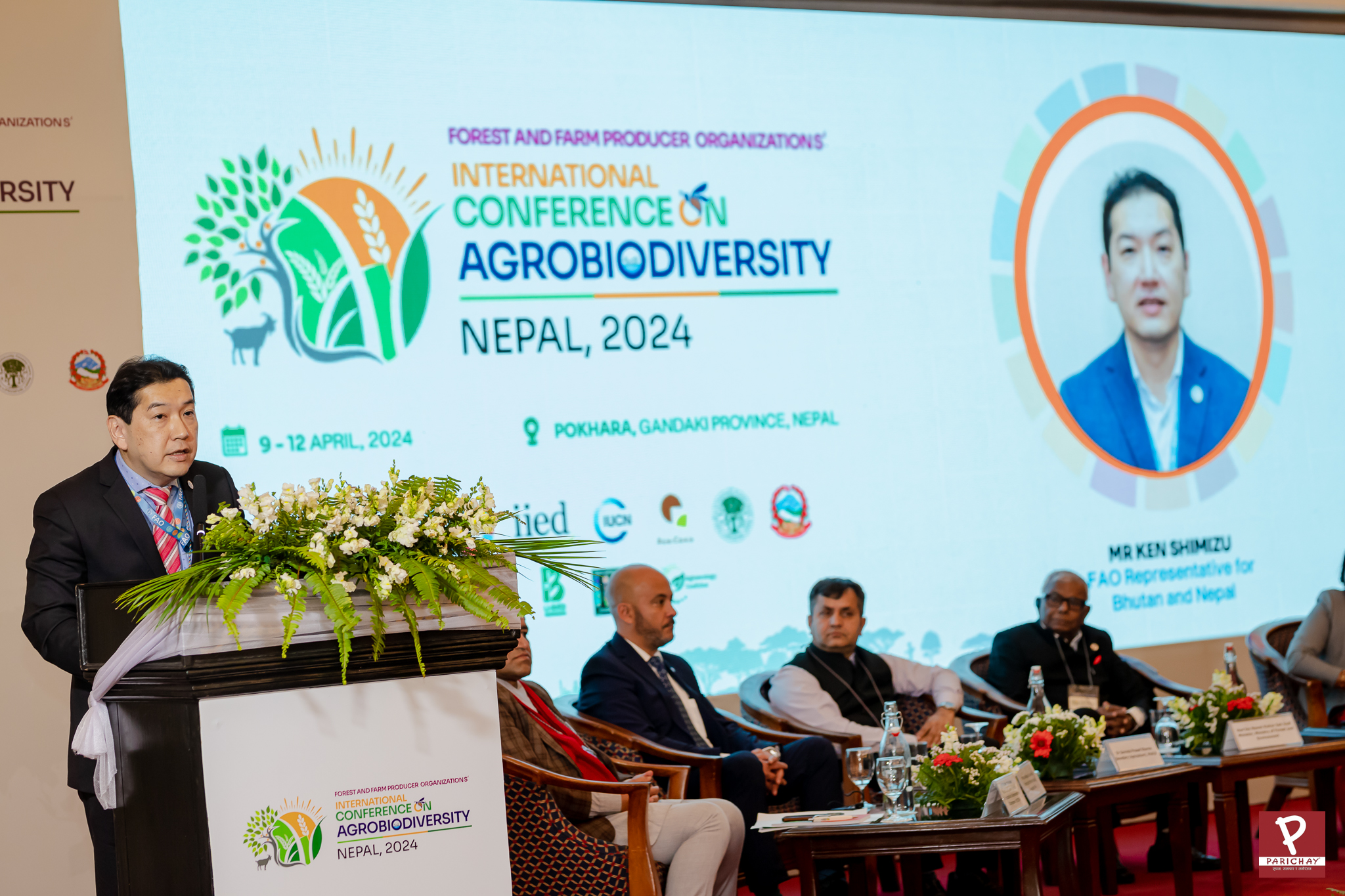
KATHMANDU, April 10: Leaders from around the world have gathered in Nepal to organize the International Conference on Agrobiodiversity 2024. The conference commenced on April 9 and will continue until April 12 in Pokhara, Gandaki Province of Nepal. This event aims to facilitate the exchange of innovative traditional and scientific knowledge to advance agroecological practices, agro biodiverse planting materials, and climate-smart business and finance models that enhance nature and nutrition.
Over 150 representatives from government entities, experts, academia, NGOs, INGOs, and the private sector from more than 30 countries, including Belgium, Bolivia, Brazil, Cameroon, Canada, Ecuador, Fiji, France, Gambia, Ghana, India, Italy, Kenya, Liberia, Madagascar, Mali, Mexico, the Netherlands, Panama, Peru, the Philippines, Rwanda, Spain, Switzerland, Tanzania, Togo, the UK, Vietnam, Zambia, and Zimbabwe, have participated in the conference.
Speaking at the inaugural session, Nawal Kishor Sah Sudi, Minister for Forests and Environment, emphasized the nation's proactive stance towards addressing pressing biodiversity issues, particularly those concerning conservation and habitat preservation. He underscored Nepal's dedicated efforts in combating these challenges, showcasing the country's commitment to environmental agenda and emphasized the ministry's leadership in developing the National Biodiversity Policy and Action
Ken Shimizu, FAO Representative for Bhutan and Nepal emphasized FAO-Nepal believes that the conference will contribute to FAO's Programme Priority Areas, focusing on biodiversity conservation, inclusive rural transformation, resilient agri-food systems, and scaling up investment in climate change mitigation and adaptation. He added that the significance of indigenous and traditional farming systems in preserving agrobiodiversity and genetic resources is crucial for resilience against climate change.
The International Conference on Agrobiodiversity brings together Forest and Farm Producer Organizations (FFPOs), indigenous peoples, local community groups, and various stakeholders to exchange knowledge and advance sustainable practices. The conference is structured into several sessions: Agrobiodiversity: Understanding its Significance: This session explores the essence of agrobiodiversity and its importance in sustaining ecosystems and food systems. Policy Impact on Agroecology Approaches: Session 2 delves into the role of policies in shaping agroecology approaches and their impact on the protection and management of agrobiodiversity.
Preserving Traditional Knowledge in Agroforestry Systems: Here, traditional knowledge of agroforestry systems is discussed, along with knowledge exchange practices that contribute to maintaining agrobiodiversity. Innovative Seed and Farm Management Techniques: Session 4 focuses on innovative techniques and practices in seed and farm management that contribute to the sustainability of agrobiodiversity.
Encouraging Enterprise Innovations for Diversification: This session explores enterprise innovations that promote diversification in crop cultivation, contributing to agrobiodiversity conservation and economic resilience. Nature Finance: Supporting FFPOs and IPLCS: The final session highlights strategies for improving financial support to Forest and Farm Producer Organizations (FFPOs) and Indigenous Peoples and Local Community Groups (IPLCs), fostering innovative agrobiodiversity management practices, biodiversity conservation, and community livelihood enhancement.
The International Conference, is a collaborative effort between the Food and Agriculture Organization of the United Nations (FAO), Ministry of Forests and Environment (MoFE), Ministry of Agriculture and Livestock Development, Federation of Community Forest Users Nepal (FECOFUN), Local Initiatives for Biodiversity, Research and Development (LI-BIRD), Agroecology Coalition, and the International Indigenous Forum on Biodiversity, alongside support from the Forest and Farm Facility (FFF), is proven as strong platform uniting diverse stakeholders, including Forest Farm Producer Organizations (FFPOs), Indigenous Peoples and Local Communities (IPLCs), and various supporting partners to facilitate discussions and innovative solutions aimed at advancing agrobiodiversity, promoting sustainable agriculture practices, and prioritizing inclusive development initiatives.
You May Like This

Buddha Air to begin direct flights Pokhara – Nepalgunj – Pokhara from April
KATHMANDU, Jan 14: Buddha Air will be expanding its direct flight services in the domestic network. It has already started... Read More...

Briton killed in paragliding accident in Pokhara
KASKI, Jan 23: A British citizen died after a glider met with an accident on Monday. ... Read More...

Scientists' conference begins in Pokhara
Pokhara, Oct 19: A four-day conference of scientists has begun in Pokhara on Monday. The conference is aimed at sharing experiences... Read More...


Just In
- Dr Govinda KC hospitalized, his hunger strike enters 6th day
- Three foreign women arrested with cocaine worth Rs 80 million
- HoR to meet at 4 PM today
- Sudurpaschim CM Sodari secures vote of confidence
- HoR meeting to be held behind schedule, efforts underway to end parliament deadlock
- Members of int’l drug trafficking gang arrested with cocaine: Police
- Gold price rises by Rs 1,600 per tola to set new record
- Over 177,000 tourists visited Annapurna area in 10 months





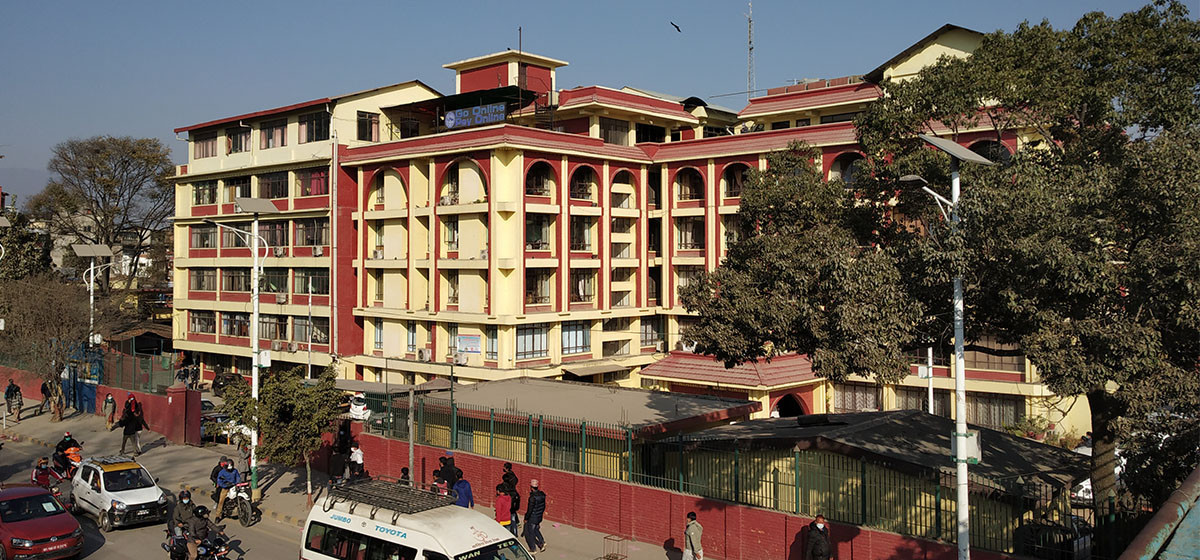





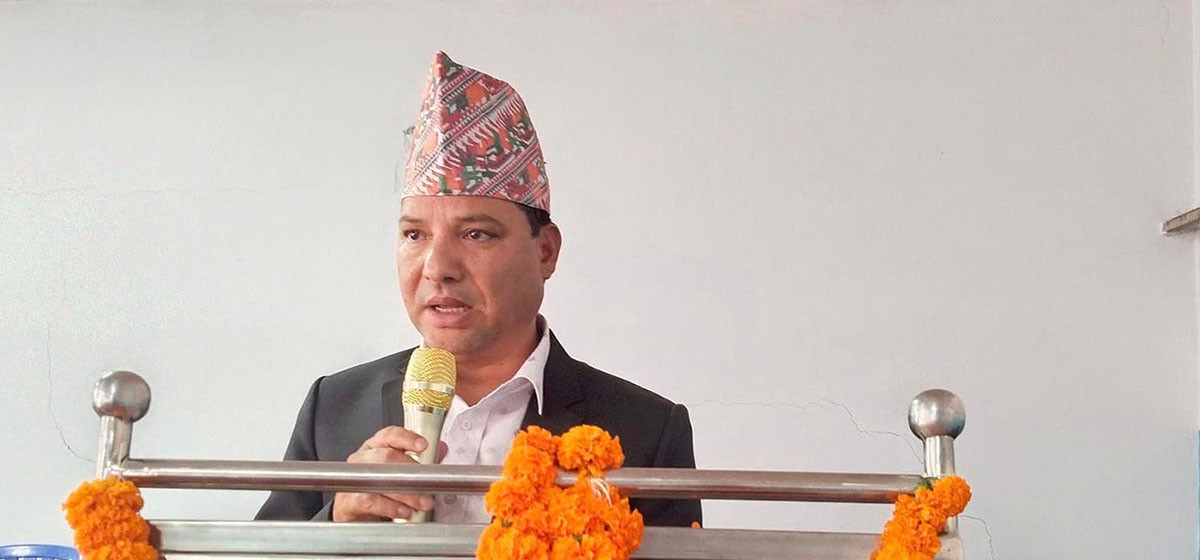
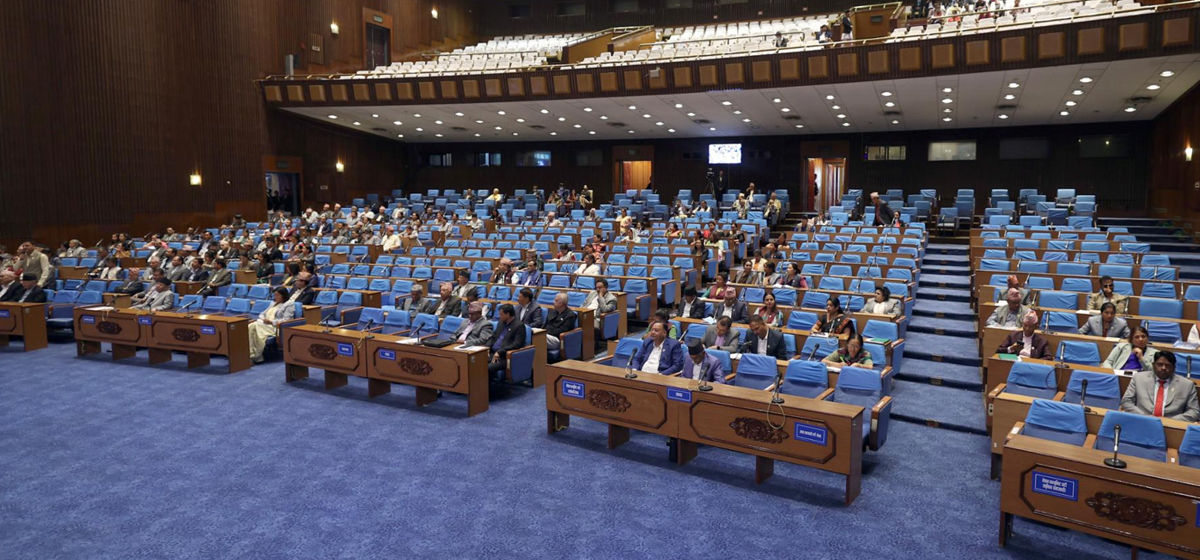


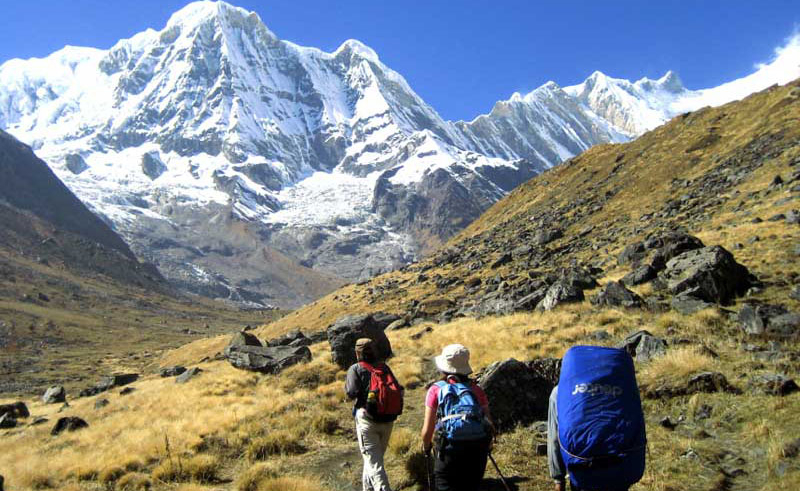
Leave A Comment